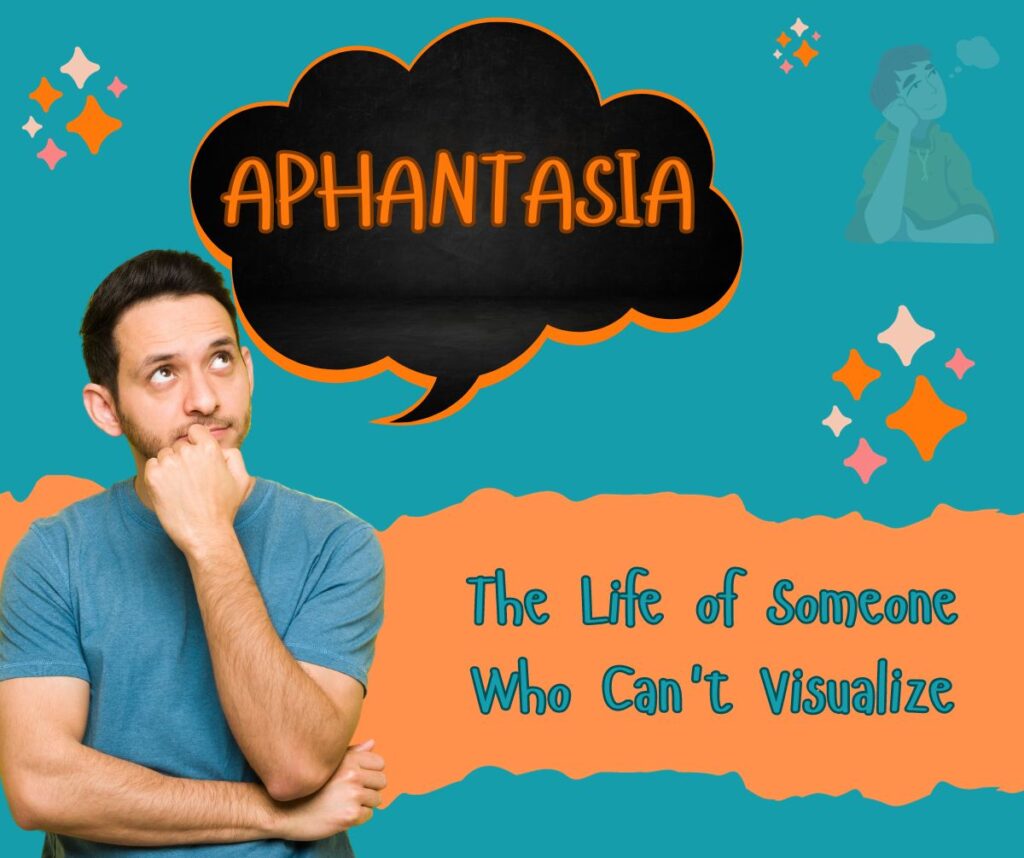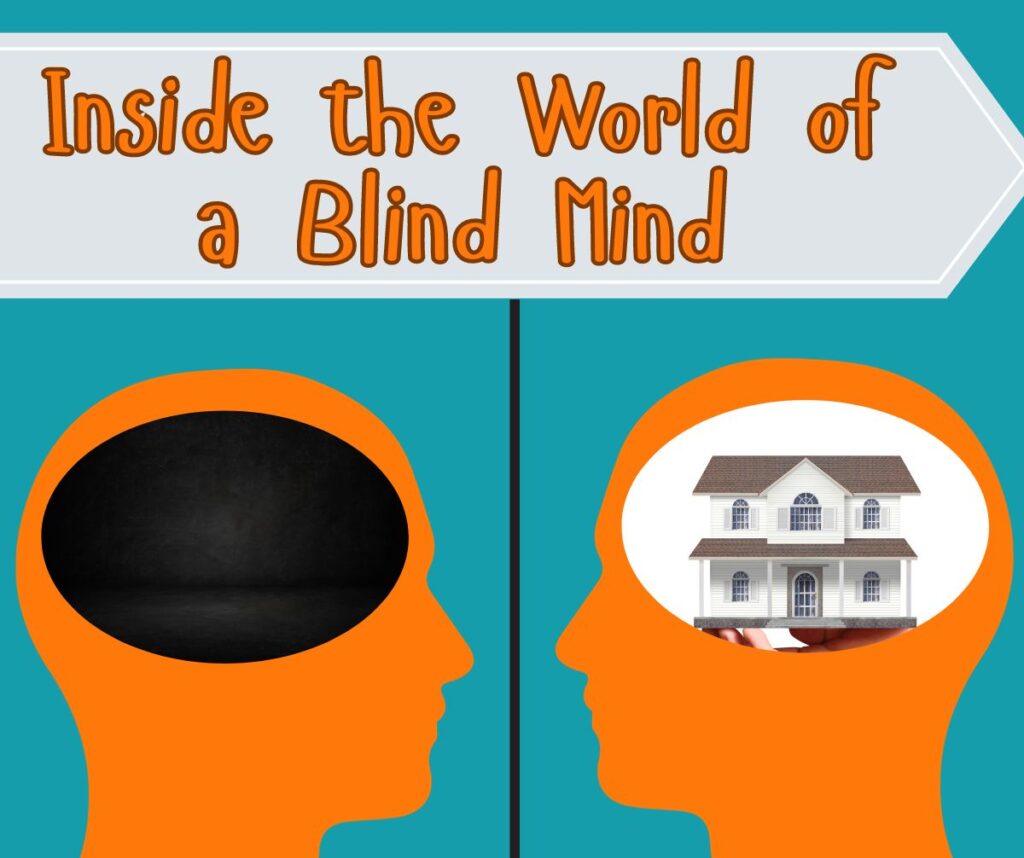Have you ever tried to picture a sunset only to find nothing but darkness? This is the everyday reality for individuals with Aphantasia, a fascinating condition that affects the mind’s eye.

A Day in The Life of Someone with Aphantasia
Imagine sitting in a room where everyone discusses the vividness of their mental imagery, and all you can relate to is a blank screen.
This condition, often unfamiliar to many, involves a complete lack of voluntary visual imagery. It’s not about forgetting or the lack of trying; it’s about the absence of a visual component in the mind’s eye.
Scientifically, Aphantasia is still a relatively new concept. First coined by Professor Adam Zeman at the University of Exeter, the term originates from the Greek words ‘a’ (without) and ‘phantasia’ (imagination or fantasy).
It’s not a disease or a disorder, but rather a unique way of experiencing the world. Research indicates that it affects approximately 1-3% of the population, but the exact numbers remain uncertain due to its subjective nature.
Living with Aphantasia is like navigating a world where descriptive language takes precedence over imagery. People with this condition often rely on factual memory, verbal cues, and alternative sensory experiences to compensate for the lack of visual thinking. They can recall facts and information, but the ‘seeing’ part in their mind’s eye is missing.
It’s crucial to understand that Aphantasia is not a limitation. Many individuals with this condition lead successful, fulfilling lives.

They often excel in fields that require logical thinking, analytical skills, and a strong verbal memory. Their experiences and perspectives are just different, not deficient.
For those without Aphantasia, empathy and understanding are key. It’s about recognizing that not everyone’s mental experience is the same. Open conversations and shared experiences help bridge the gap of understanding.
It’s essential to appreciate the diversity of human cognition. Aphantasia, while unique, is a reminder of the vast spectrum of human experience.
Let’s embrace these differences and learn from them. If you know someone with Aphantasia, engage in discussions, share experiences, and above all, listen. Together, we can gain a richer understanding of the many ways we perceive the world.
Remember, the absence of mental imagery doesn’t equate to a lack of imagination or creativity. It’s just a different way of experiencing the unseen world around us.



